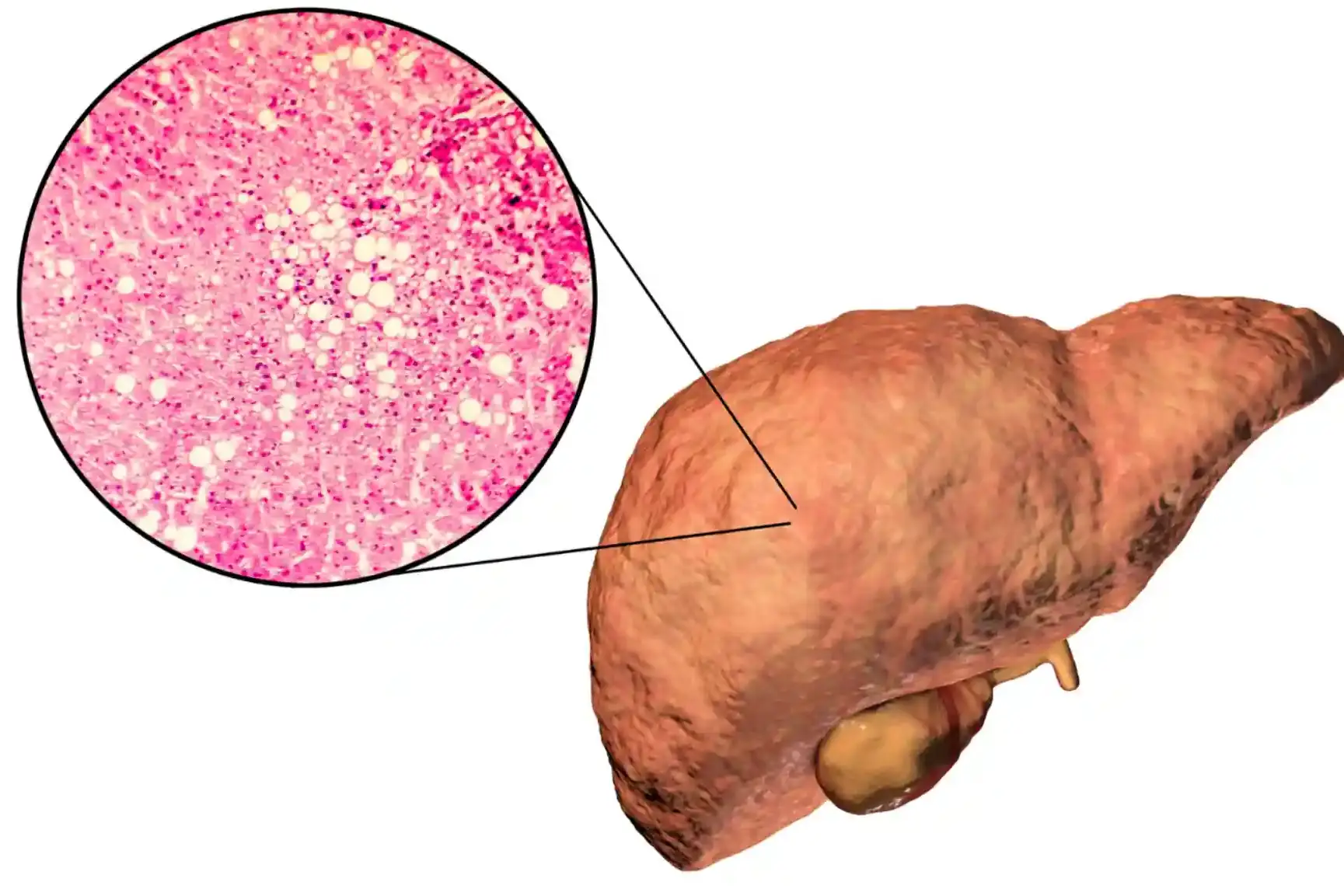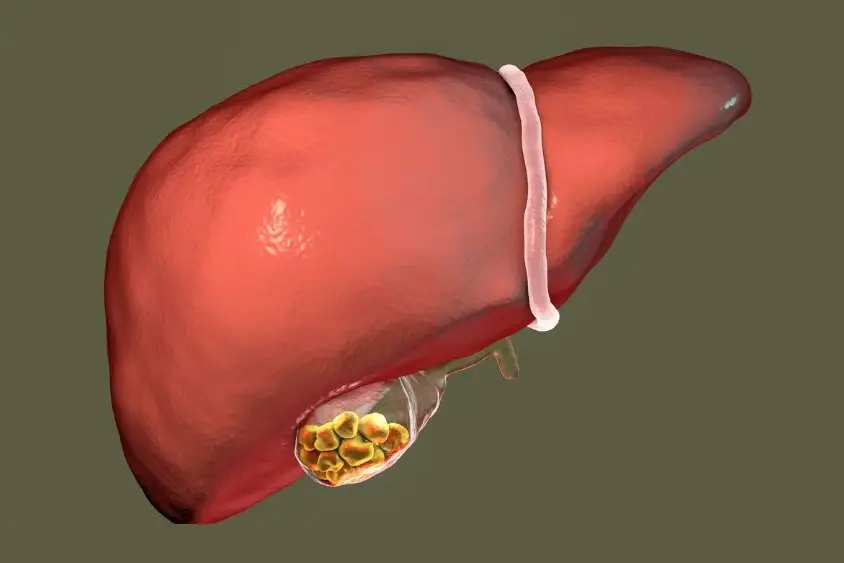Introduction to microbiome
The microbiome definition is the community of microorganisms. Various microbes that colonize humans, animals, plants or the environment, both built and natural or manipulated, like in agriculture, are addressed in this microbiome journal. The commensal microbiota is found in all mucosal sites of the human body. The microbiome of the human body is made up of many different microorganisms, including fungi, archaea, bacteria, and viruses. The human body is occupied by numerous microorganisms, with a similar order of proportion of non-human cells. The commensal microorganisms refer to those who exist on the surface of the host; while others have a mutualistic relationship with their living hosts. Microbiome test gives you a measure of the sum and kinds of microbes, like microorganisms and infections, in the gastrointestinal tract through a stool test. Whenever there is an irregularity in gut microbes, well-being might be impacted subsequently. Generally, symptoms of effect in gut disturbances might incorporate bloating, stool changes, and indigestion.
Microbiota vs Microbiome, these two terms are often confused as synonyms but they have a small difference. Microbiota alludes to microorganisms that are found inside a particular environment. Microbiomes encompass both microscopic organisms and parasites, which are found in an environment.
Why is it important
An individual’s microbiome may have an impact on their immune to infectious or irresistible sicknesses and contribute to chronic illnesses of the gastrointestinal system like Crohn’s illness and bad-tempered gut syndrome. An individual’s response to medication depends largely on a few collections of microbes. The microbiome may have a genetic impact like the microbiome of the mother might influence the immunity strength of her infant. Genetic investigations that measure the overall abundance of various species in the human microbiome have connected mixes of microbe species to a specific human illness.
The microscopic organisms living in and on us are not intruders but rather useful settlers. They help in digesting fibers, controlling how the body works against infection, and controlling brain health.
Improving our microbiome
At this point, we have found out about the significance of the Microbiome for the general health of the human body. So now let us have a glance at how we can further develop our gut microbiome( good bacteria) naturally.
- Take probiotics and fermented foods on a regular basis
Fermented food sources like plain yogurt can benefit the microbiome by upgrading its capacity and decreasing the wealth of infection-causing microscopic organisms in the digestive tracts. The microbiome probiotics are capable of altering microbes because they contain beneficial live microbiota.
- Diversify your range of food intake.
Having a different eating routine wealthy in entire food sources can prompt an assorted microbiome, which is helpful for your well-being.
- Vegetables, legumes and fruits should be consumed in abundance.
Many leafy foods are high in fiber. Fiber advances the development of gainful gut microorganisms. The varieties are just as important as the quantities, since the types and synthetics of fiber will change, and each will help a different microbial species.
- Avoid snacking.
By doing this you will give your gut microbiome a bit of rest. Likewise, attempt to increment spans between your food intakes. This will also assist you in losing stubborn fat.
- Stay away from nutrient supplements
All things considered, focus on eating an assorted scope of genuine food to get every one of your nutrients.
- Add probiotics to your diet
Microbiome probiotics do not essentially change the composition of the microbiome in individuals. In any case, they might improve microbiome capacity and help reestablish microbiome health in those with specific ailments.
- Be sure to choose foods and beverages that contain a high amount of polyphenols
Polyphenols are cell reinforcements that act as fuel for organisms. Some examples of polyphenols include nuts, seeds, olive oil, brassicas, espresso, berries, and green tea.
How to increase microbiome diversity
During infancy, the stomach contains oxygen, the microorganisms available inside the gut are generally aerotolerant. As the time passes by, organic entities are replaced by anaerobes. This variety keeps on growing quickly all through the initial 3 months of life.
In youngsters and adults, the microbiome diversity is determined by three elements :-
- Genetics
- Geography and culture
- Eating habits
The microbiota compositions of people who are related are similar compared to individuals who are unrelated. Both monozygotic and dizygotic adult twins share the same microbiota, demonstrating that the environment has a greater effect on the diversity of the microbiome of an individual. Research has shown that hygiene, diet, and antibiotic use considerably impact microbiome diversity. To improve microbiome diversity an individual needs to reduce the intake of highly processed food as they add to the diminished variety of the gut microbiome and to increase the weightage of high fiber food and vegetables in your diet. Generally, fiber intake in higher amounts results in a more diverse microbiome; however, those who are not able to tolerate high fiber intakes may suffer some undesirable side effects.
The best hepatic specialist in Patna and one of the most dedicated gastroenterologists in Delhi is Dr. Nivedita. She has fourteen years of involvement in the field and is a specialist in the treatment of acute pancreatitis, Hepatology, Colitis, Gastrointestinal Endoscopic Mucosal Resection, and many more. She has always aspired to be more than just a doctor, and she entertains creative and innovative thoughts outside the domain of clinics to treat her patients in a better way. She analyzes the entire gastrointestinal system. It likewise incorporates investigating pancreatic problems. She is also a specialist in the investigation of heftiness and its connection to stress, which leads to unhealthy diet regimes.
Conclusion
Your gut microbiome is composed of trillions of microscopic organisms. Therefore the gut microbiome plays a vital part in your health by aiding control assimilation and helping your immune system and different parts of wellbeing.
The gut microbiome influences the body from birth and all through its lifetime by controlling the assimilation of food, safe framework, focal sensory system, and other substantial cycles. It controls blood sugar levels and may likewise influence the beginning of type one diabetes in youngsters. It may also influence mental well-being by delivering cerebrum synthetics. Hence, we need to realize the importance of microbiomes in our life.
About The Author

Medically reviewed by Dr. Nivedita Pandey, MD, DM (Gastroenterology)
Senior Gastroenterologist & Hepatologist
Dr. Nivedita Pandey is a U.S.-trained gastroenterologist and hepatologist with extensive experience in diagnosing and treating liver diseases and gastrointestinal disorders. She specializes in liver enzyme abnormalities, fatty liver disease, hepatitis, cirrhosis, and digestive health.
All content is reviewed for medical accuracy and aligned with current clinical guidelines.
About Author | Instagram | Linkedin





